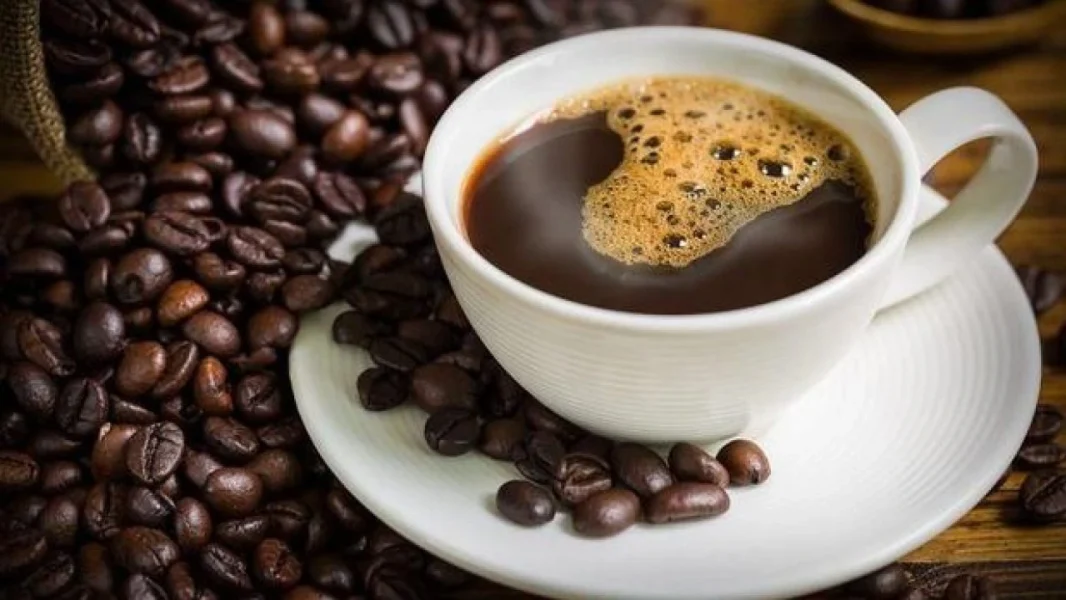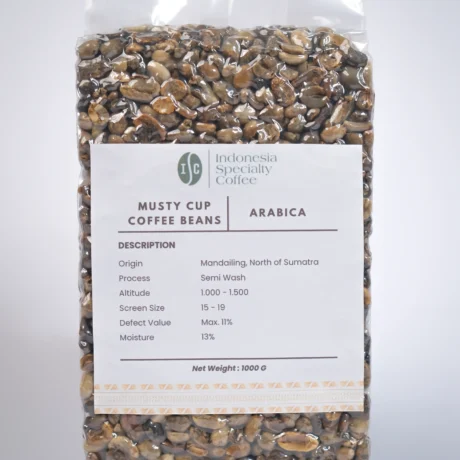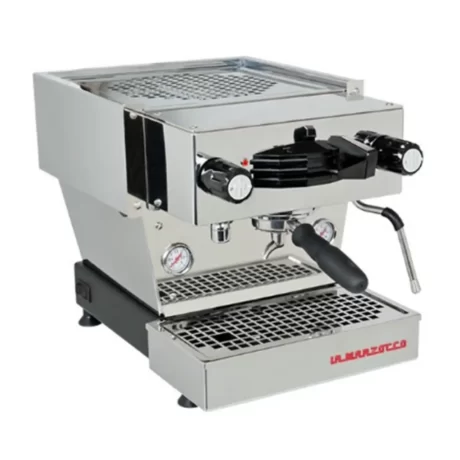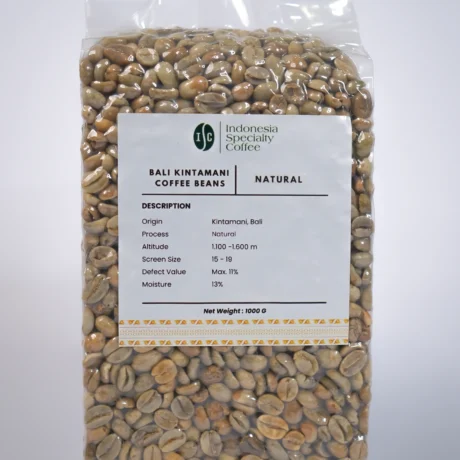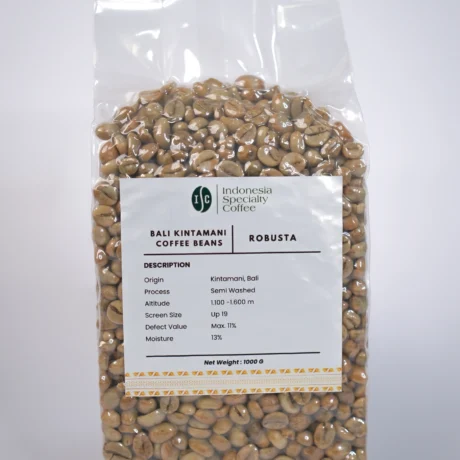Coffee wine halal is one of the most debated questions in 2025. Wine-infused coffee – often called “wine coffee” – has sparked curiosity and concern among Muslim coffee lovers. This unique beverage marries the worlds of coffee and wine, raising a critical question: is it halal (permissible) to consume? In this comprehensive guide, we delve into what wine-infused coffee is, how it’s made, and the Islamic perspectives on its permissibility. We leave no stone unturned, addressing production methods, alcohol content, scholarly opinions (fatwas), halal certification hurdles, and practical advice for consumers. By the end, you’ll have a clear understanding of whether that wine-scented cup of joe aligns with your faith – all explained with confidence, factual detail, and the latest insights as of 2025.
Understanding What “Wine-Infused Coffee” Means
Wine-infused coffee refers to coffee beans that have been flavor-enhanced with the essence of wine. Despite the name, it’s not a typical coffee-and-wine mixed drink; instead, the term usually describes specialty coffee beans processed to carry wine-like aromas and flavors.
There are a couple of distinct ways this is achieved:
Natural Fermentation (“Wine Process” Coffee)
In this method, no actual wine is added. Instead, ripe coffee cherries undergo an extended fermentation process before the beans are dried and roasted. The coffee is often fermented for 30–60 days, during which it develops fruity, wine-like notes. This prolonged fermentation inside the coffee fruit imparts a fragrant aroma reminiscent of red wine, without any external alcohol added. Producers in high-altitude regions (such as Gayo in Aceh, Indonesia) have mastered this technique, yielding beans that smell “winy” but contain no wine or intoxicants.
See: Fermented Coffee Beans: The Healthy Secret for Your Coffee
Barrel-Aging in Wine Casks
Another approach is aging green coffee beans in used wine barrels or oak casks that previously held wine (or other spirits like whiskey). The dry beans absorb the residual aromas from the barrel over days or weeks. This barrel-aging process can infuse notes of wine into the coffee. Importantly, quality roasters ensure the beans are later roasted at high temperatures, which can evaporate volatile compounds like alcohol. The goal is to capture the nuanced flavors of the wine barrel without retaining the alcohol content. However, this method means the beans come into contact with traces of wine, which raises questions of purity and contamination from an Islamic perspective.
See: Specialty Coffee Processing
Direct Wine Infusion
A more literal (and less common) technique involves soaking coffee beans in wine or marinating them with wine must. After soaking, the beans are dried and roasted. While this definitely infuses strong wine flavors, it also means the beans were directly in contact with an alcoholic liquid. Roasting may burn off most of the alcohol, but the intentional use of wine as an ingredient is a serious point of concern in halal dietary law.
Why do people infuse coffee with wine flavors? It’s largely about taste innovation in specialty coffee. The rich berry, floral, or tannin notes from wine can complement coffee’s natural flavors, creating a complex sensory experience. For example, a Sumatran coffee aged in a red wine barrel might exhibit hints of dark fruit or chocolate that intrigue coffee connoisseurs. These methods are part of the third-wave coffee movement’s experiments, similar to how some cheeses are washed in beer or meats are marinated in wine for flavor.
See: Sumatra Coffee Taste Characteristics and the Best Brewing Method
Ingredients, Process, and Alcohol Content
Coffee Beans – The base is always coffee – typically high-quality Arabica beans. In natural wine-process coffee, producers often use fully ripe red coffee cherries, sometimes from regions known for distinct flavors (e.g., Gayo, Sumatra, or Bali for Indonesian wine coffee).
See: Choosing the Best Aceh Gayo Green Coffee Beans
Wine or Fermentation Agents – In true “infused” versions, wine (grape wine) is the key additive – and this is obviously where the halal issue arises. Wine contains ethyl alcohol, which is explicitly forbidden (haram). Even if alcohol burns off during roasting, the deliberate use of wine remains a concern.
Flavor Profile – These methods create unique coffee profiles often described as fermented fruit, berry-like sweetness, or tangy acidity. A properly made “wine coffee” from Aceh has a fresh, sour, and distinct sensation unlike regular coffee.
See: Effects of Coffee on Health and Addiction
Alcohol Content –
- In naturally fermented coffee, alcohol is negligible and evaporates.
- In barrel-aged coffee, residues may remain but roast heat likely eliminates them.
- In direct infusion, intentional contact with wine renders the process religiously problematic.
Najis (Impurity) – In Islam, wine is considered ritually impure. Beans soaked in wine may be viewed as contaminated, even if roasted clean.
Islamic Perspectives: Scholarly Rulings
Lenient View – If No Alcohol Remains
Some scholars argue that if no alcohol remains and the coffee does not intoxicate, it is halal. For example, Indonesian scholars note that fermentation in coffee is aimed at flavor, not alcohol production.
See: Fermented Coffee Beans: The Healthy Secret for Your Coffee
However, they reject branding with words like wine, beer, champagne as it confuses consumers. Producers like Gayo have rebranded their “wine coffee” to Gayo Winner for certification.
Strict View – Any Use of Wine is Haram
Other scholars argue that any contact with wine renders the coffee haram. A 2024 Malaysian fatwa forbade wine-barrel-aged coffee, ruling that deliberately seeking benefit from wine is impermissible.
See: Flash Coffee Wiki – Brewing Up Innovation in the Coffee Industry
Middle Ground
Consensus exists that:
- If coffee contains measurable alcohol → haram.
- If coffee is fermented without wine → halal.
- If coffee is flavored with wine (even evaporated) → debated.
Halal Certification Challenges and Industry Response
Certification authorities focus on:
- Ingredients – No haram inputs.
- Naming – No haram branding.
- Processes – Avoid najis contamination.
See: Lampung Coffee – One of the Best from Sumatra
Many producers rebrand products to obtain halal approval. “Wine coffee” becomes “fermented coffee” or creatively renamed versions.
Addressing Common Concerns for Muslim Consumers
- Does it contain wine? Often no – fermentation mimics wine flavors without alcohol.
- Can I enjoy the flavor halal? Yes – choose naturally fermented beans.
- What about tiny traces? Islam tolerates negligible, non-intoxicating traces, but deliberate infusion remains impermissible.
- How do I check? Look for halal certification or inquire directly.
See:
Conclusion: Navigating Tradition and Innovation
Wine-infused coffee symbolizes the tension between culinary innovation and Islamic dietary law. The principles are clear:
- Natural fermentation → halal.
- Actual wine use → haram.
- Branding with wine terms → discouraged.
The safest path: choose halal-certified, naturally fermented specialty coffee.
FAQs: Wine-Infused Coffee & Halal Compliance
Q: Does wine-infused coffee contain alcohol?
A: Often no. Fermented beans smell wine-like but contain no alcohol. If wine was used, roasting may eliminate it, but the process itself is problematic.
Q: Why is it called “wine coffee”?
A: To describe the flavor profile. Many producers now rebrand to avoid confusion.
Q: Is fermented coffee halal?
A: Yes. Natural fermentation without haram additives is halal.
Q: What about coffee aged in wine barrels?
A: Many scholars forbid it due to impurity and deliberate use of wine.
Q: Can it be halal-certified?
A: Yes, if renamed and proven alcohol-free. Example: Gayo Winner coffee.
Q: Are there alternatives?
A: Yes – fermented coffees, barrel-aging in clean oak casks, and flavor-infused coffees without alcohol.

